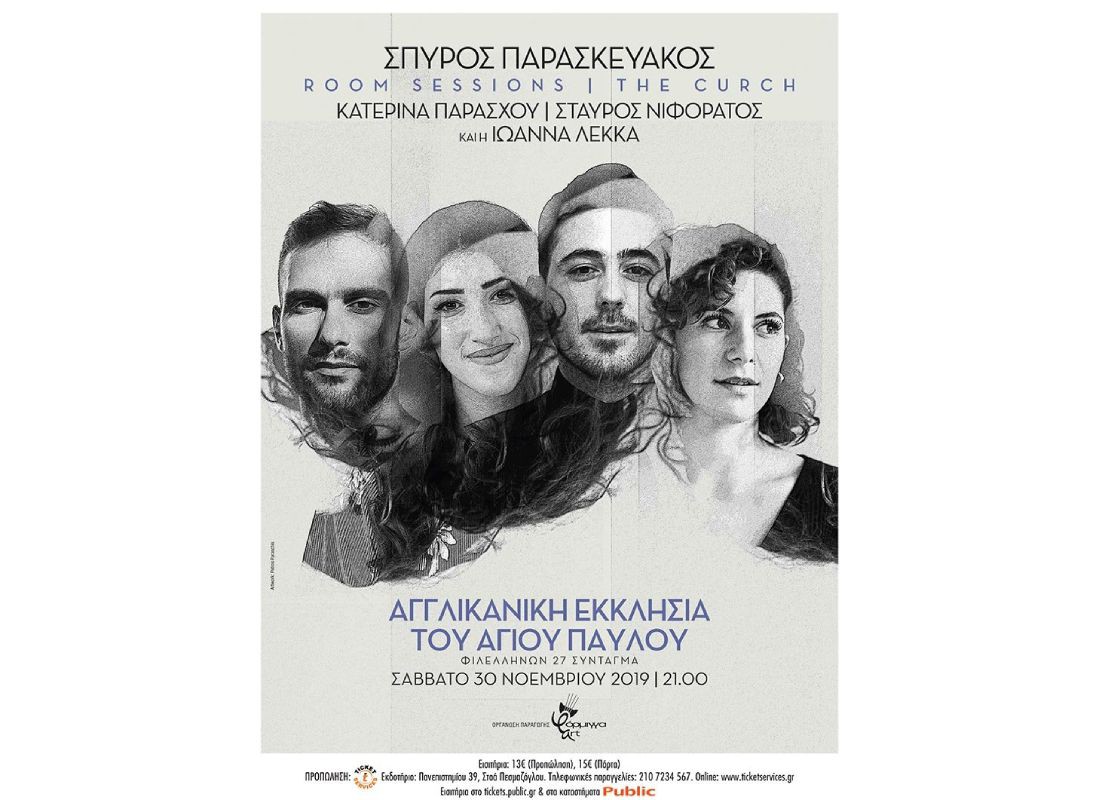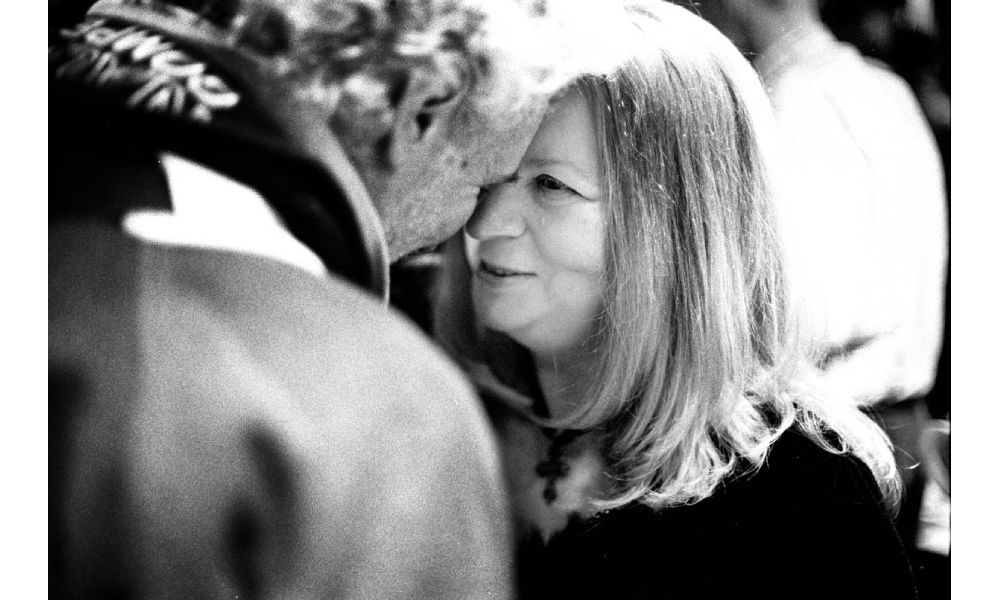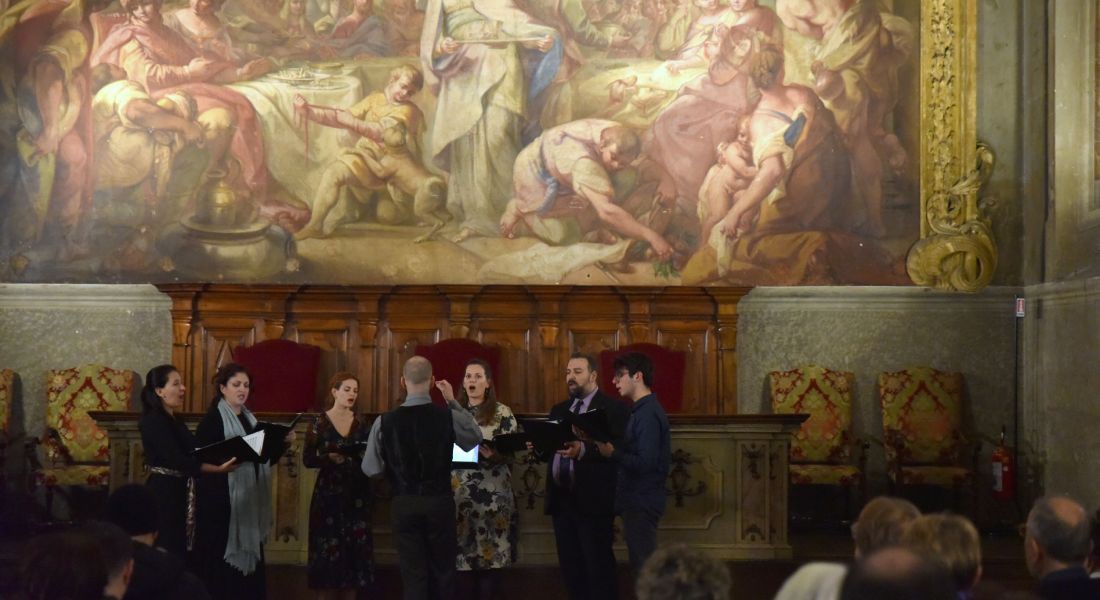Sermon preached by the Revd. Canon Leonard Doolan. St. Paul’s Anglican church Athens.
Today’s New Testament reading is part of the correspondence to a city not too far from where we are right now. Corinth had a primitive Christian community, but it also had diaspora Jews. It was a very cosmopolitan trading port.
His letter to the Corinthians contains some of St. Paul’s insights and theology of the resurrection. The words we have heard this morning are part of his extended reflections on this deep mystery of the faith.
As Christians, of course, the resurrection of Christ is central – central to the mystery of the cross and the new life offered in the Risen Christ. However Paul’s message is more subtle than this plain reading. Part of Paul’s hermeneutical style is to interpret the new faith in the light of the background circumstances of his listeners. At this he is a master.
So it is when he preaches at the Areopagus, here in Athens, he refers to the old pantheistic religion of the Greeks, focusing his attention on the tomb to the ‘unknown God’. He then preaches Jesus.
In Corinth there are community members with a Hebrew speaking, Jewish background, just as Paul had been – he is in familiar territory with this group of people.
So it is that he makes an assumption that Christians believe in the resurrection because of the resurrection of Jesus. In engaging the Hebrew speakers he goes a step further. Resurrection is already part of Jewish belief. Only the Sadducee party rejected it. So Paul adds in an interesting phrase at the beginning of his presentation on resurrection. He says this, ‘If there is no resurrection of the dead, then Christ has not been raised.’ (1 Cor 15,13). Paul already believed in resurrection – Judaism already believed in resurrection. It is what we can call ‘a priori’ argument. ‘Taken as read’.
READ MORE








